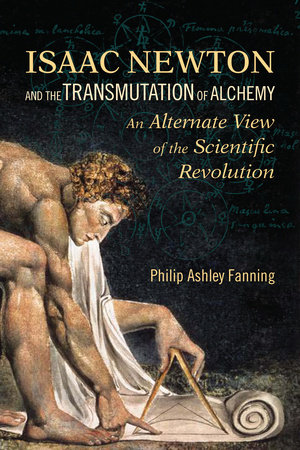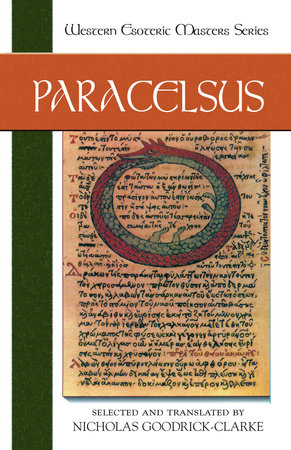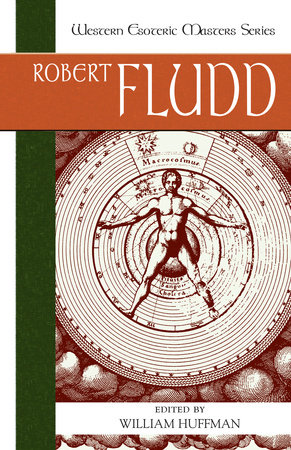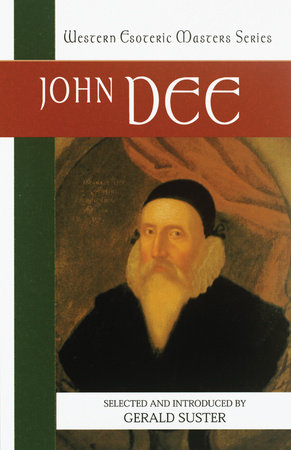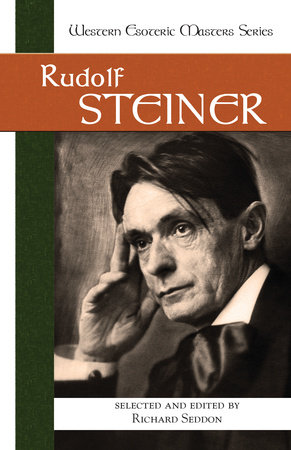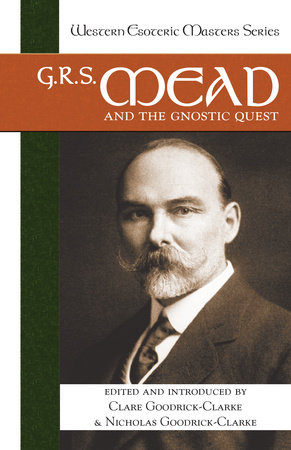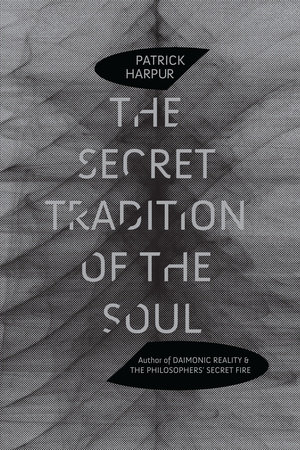Description
Isaac Newton was a dedicated alchemist, a fact usually obscured as unsuited to his stature as a leader of the scientific revolution. Author Philip Ashley Fanning has diligently examined the evidence and concludes that the two major aspects of Newton’s research—conventional science and alchemy—were actually inseparable. In Isaac Newton and the Transmutation of Alchemy, Fanning reveals the surprisingly profound influence that Newton’s study of this hermetic art had in shaping his widely adopted scientific concepts.
Alchemy was an ancient tradition of speculative philosophy that promised miraculous powers, such as the ability to change base metals into gold and the possibility of a universal solvent or elixir of life. Fanning compellingly describes this carefully tended esoteric institution, which may have found its greatest advocate in the career of the father of modern science. Relegated to the fringes of discourse until its twentieth-century revival by innovative thinkers such as psychiatrist Carl Jung, alchemy offers a key to understanding both the foundations of modern knowledge and important avenues in which we may yet discover wisdom.

